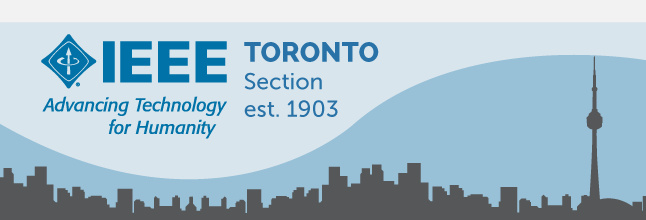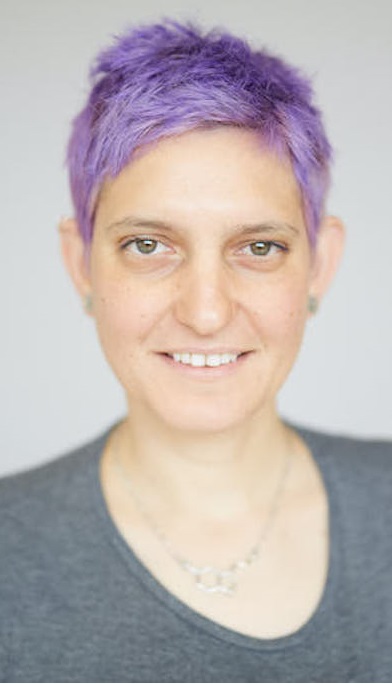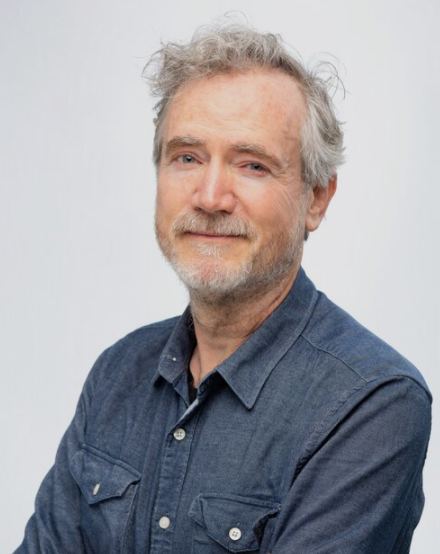IEEE Toronto Virtual AGM

The IEEE Toronto Section is happy to announce our first ever online IEEE Toronto section Annual General Meeting (AGM). Since we are not restricted to a limited number of physical participants, we are happy to open this even up to all IEEE Toronto members, as well as any guests who they would like to invite. Please feel free to pass this information along to any interested parties.
We will hear from the IEEE Toronto section, IEEE Canada, and IEEE Global representatives, as well as keynote speakers from local industry. Awards will be presented to oustanding contributors for the past year, and prizes will be available for all attendees. You must register for the event using the link on this page in order to qualify for prizes. Only IEEE members will be eligible for prizes.
Date and Time
Location
Hosts
Registration
-
 Add Event to Calendar
Add Event to Calendar
Loading virtual attendance info...
Speakers
 Inmar Givoni
Inmar Givoni
AI for Self-Driving Cars
At the Uber ATG R&D centre, we are working on advanced state-of-the-art models for solving a large range of problems in self driving - perception and prediction, motion planning, mapping and localization, sensor simulation, and more. All that work is publicly available through academic conferences and venues. In this talk I will cover some exciting recent advances and also discuss the path to production - how we go from research prototypes to deployed systems on vehicle.
Biography:
Inmar Givoni is a Director of Engineering at Uber Advanced Technology Group, Toronto, where she leads a team whose mission is to bring from research and into production cutting-edge deep-learning models for self-driving vehicles. She received her PhD (Computer Science) in 2011 from the University of Toronto, specializing in machine learning, and was a visiting scholar at the University of Cambridge. She worked at Microsoft Research, Altera (now Intel), Kobo, and Kindred at roles ranging from research scientist to VP, Big Data, applying machine learning techniques to various problem domains and taking concepts from research to production systems. She is an inventor of several patents and has authored numerous top-tier academic publications in the areas of machine learning, computer vision, and computational biology. She is a regular speaker at AI events, and is particularly interested in outreach activities for young women, encouraging them to choose technical career paths. For her volunteering efforts she has received the 2017 Arbor Award from UofT. In 2018 she was recognized as one of Canada’s 50 inspiring women in STEM and recently recognized as one of Canada’s Tech Titans: Top 19 of 2019.. She was featured in Marie Claire, Toronto Life, The Globe and Mail, TWIML & AI podcast, ReWork’s list of 30 influential women in Canadian AI, UofT’s News, and other media venues.
Address:Toronto, Canada
 Martin Snelgrove
Martin Snelgrove
Building Cool Silicon in the Frozen North
Biography:
Agenda
6:00pm: Introduction and online meeting details
6:05pm: Section Chair report from Ali Nabavi
6:15pm: IEEE Global update from Kathy Land
6:30pm: Prize draw
6:35pm: Keynote presentation from Dr. Inmar Givoni, Director of Engineering at Uber Advanced Technology Group, Toronto
7:05pm: IEEE Canada update from Maike Luiken
7:20pm: Keynote presentation from Dr. Martin Snelgrove, CTO at Untether AI
7:50pm: Awards presentation and prize draw

